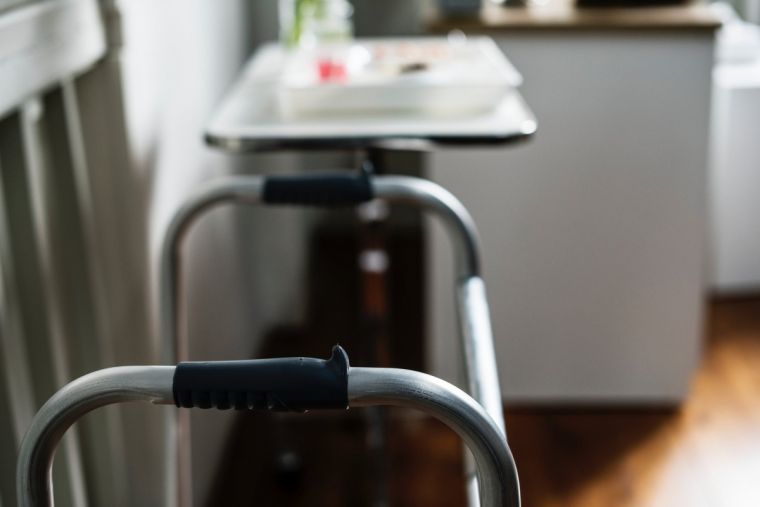Scottish MSPs come out in opposition to assisted suicide after poll reveals broad support

Scotland will be "sending out mixed messages" if it moves to legalise assisted suicide, MSPs have warned.
MSPs warned in a letter to The Sunday Times that assisted suicide would risk damaging society and that the government should be working to reduce the occurrence of suicide wherever possible, rather than encouraging it.
"Have we really become a society that says the best answer we can provide to those suffering in end-of-life situations is to help them kill themselves? Is that really all we can offer?" the MSPs said.
"That, to us, is the measure of a desperately cold, soulless society. We think that in Scotland today we are better than that."
They added: "For the state to say that suicide is to be assisted in certain circumstances means we are in danger of sending out mixed messages. Society should be preventing suicide, not assisting it."
The letter was signed by Jeremy Balfour, Neil Bibby, Donald Cameron, Murdo Fraser, Mark Griffin, Gordon Lindhurst, John Mason, Mike Rumbles and Elaine Smith.
The parliamentarians are at odds with some of their colleagues after a separate group of MSPs wrote to The Sunday Times a week earlier saying it would be "brave" of the state to "support those who suffer" by permitting assisted dying.
Signatories of that letter included acting Scottish Tory leader Jackson Carlaw, former Scottish Labour leader Kezia Dugdale and Scottish Green co-convener Patrick Harvie.
Last week, a poll by Dignity in Dying found overwhelming support across the UK for a change in the law to allow assisted suicide.
The survey, carried out by Populus, found that 87 per cent of British people were in favour of allowing terminally ill people with less than six months to live choose to end their lives with medical assistance. In Scotland, the figure was 83 per cent.
The poll also revealed broad support for assisted dying across most faith groups, including 82 per cent of Christians.
Previous attempts to legalise assisted dying in Scotland have been defeated in Holyrood.
Opponents of assisted suicide warn that vulnerable people may feel pressured to end their lives out of fear of being a burden to their loved ones and to society.
Gordon Macdonald, chief executive of Care Not Killing, a campaign group that supports better palliative care instead of assisted suicide, told The Times that as the Scottish Parliament has already rejected the idea in the last few years, there is "no need to debate this issue again".
"Most members realised then that the risks of legalising assisted suicide were too high and would put vulnerable people at risk of harm to justify taking that step," he said.
CARE for Scotland Director, Dr Stuart Weir the intervention from the MSPs was "timely" in light of the growing pressure to legalise assisted suicide in Scotland.
"The sad reality is that the other side try and sell assisted suicide as all about control and autonomy, but they are less quick to speak about the risks associated with legalising assisted suicide," he told Christian Today.
"Put simply, there is no way any assisted suicide law could be made safe from abuse and if legalised, the elderly, sick and those with disabilities would feel pressurised to end their lives to avoid being a burden.
"As a society, we can and must do better. From a Christian perspective I think being a burden on others is part of what makes us human.
"There are positive and powerful alternatives available for those at the end of their lives and we would like to see palliative care made more widely available.
"Scotland has a proud tradition of showing compassion for those in need and we want to show people that value, dignity and worth are not linked to personal circumstances."
CORRECTION: The original article stated that 87 per cent of British people were in favour of allowing terminally ill people to choose assisted suicide while in Scotland this was 83 per cent. This has been updated to show the correct figures as 84 per cent in the UK as a whole and 87 per cent for Scotland.











